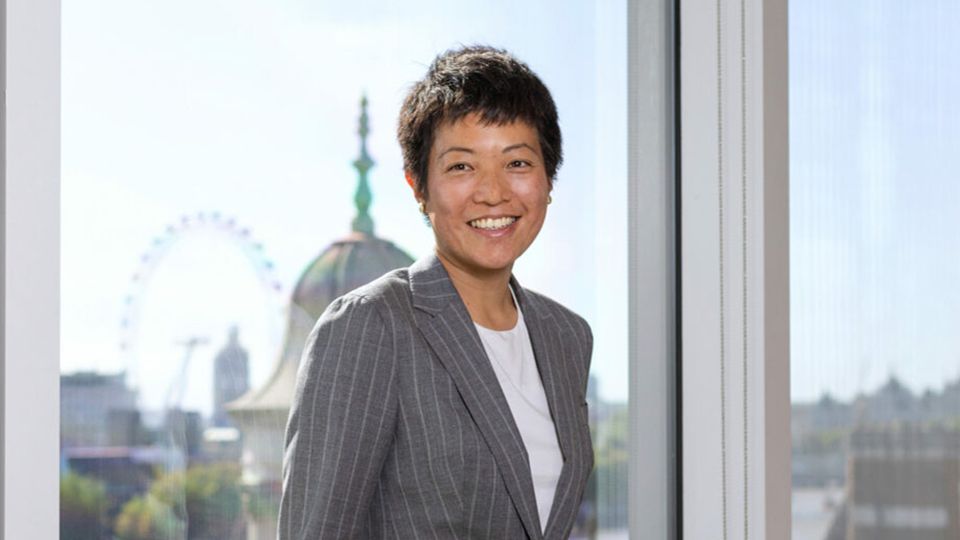There are a number of misconceptions around adaptation and how investors can address the problem in portfolios, according to J.P. Morgan Asset Management (JPMAM)’s global head of sustainable investing Jennifer Wu.
Speaking at the company’s 2023 media summit in March, Wu said not enough attention is placed on adaptation by investors with many dismissing the issue as something to worry about in the “distant future”.
“They also think it’s something emerging or frontier countries need to be concerned about but look at our home turf; in Europe over the past two to three years we have seen the consequences of heatwaves, floods, droughts and no snow.
“We need to accept we don’t know where or when the next disaster will be and the reality is it’s happening now. It is a physical climate risk and it’s here, not in a faraway land.”
See also: IPCC: Fossil fuel funding outstrips adaptation and mitigation combined
She added another misconception is that it is down to governments to fix the problem.
“I challenge that concept as climate risk is investment risk. It exposes the portfolios we have and forces us to take a look at how resilient they are.”
Wu acknowledged in her presentation, however, that adaptation is hard to measure as is the “unpredictability of climate physical risk” but “this doesn’t give investors an excuse to not understand these risks”.
She also highlighted that reinsurance companies have started to reduce the area the cover in Florida and that “parts of the world are becoming uninsurable”.
“If we are not able to adapt quickly this can lead to an acceleration in the transition in some parts of the world,” she said.
Think long term
She noted two examples investors need to consider.
First, she urged investors to not take a short-sighted view as this “can result in unintended consequences”.
“One example is when it’s too hot we use air conditioning facilities. The trouble is the excessive use of air con will lead to increase in electricity consumption, which is very bad if we are still relying on fossil fuels.”
Second, and on the other side of the coin, she added there are many nature-based investment solutions.
“Forests and wetland have the ability to remove greenhouse gases from atmosphere and can preserve soil and protect biodiversity – both of which critical to making sure we have the resilience to the next flooding or whatever next extreme weather event is that is coming.”
She said the JPMAM team has spent a lot of time thinking about adaptation and addressing the finance gap.
“For developing markets as an example, the total adaptation cost for a country is five to 10 times than the financing that is currently being provided. There is a huge gap and that gap is widening.
“We haven’t figured out how to quantify the potential gap of adaptation costs in developed markets compared to the financing available from public and private sector.”
She also said investors do not need to choose between adaptation and mitigation to help “fix” the problem.
“It doesn’t have to be either/or. Over the long term, mitigation done right is the best form of adaptation. Now is the time for investors to really start thinking about it now.”








